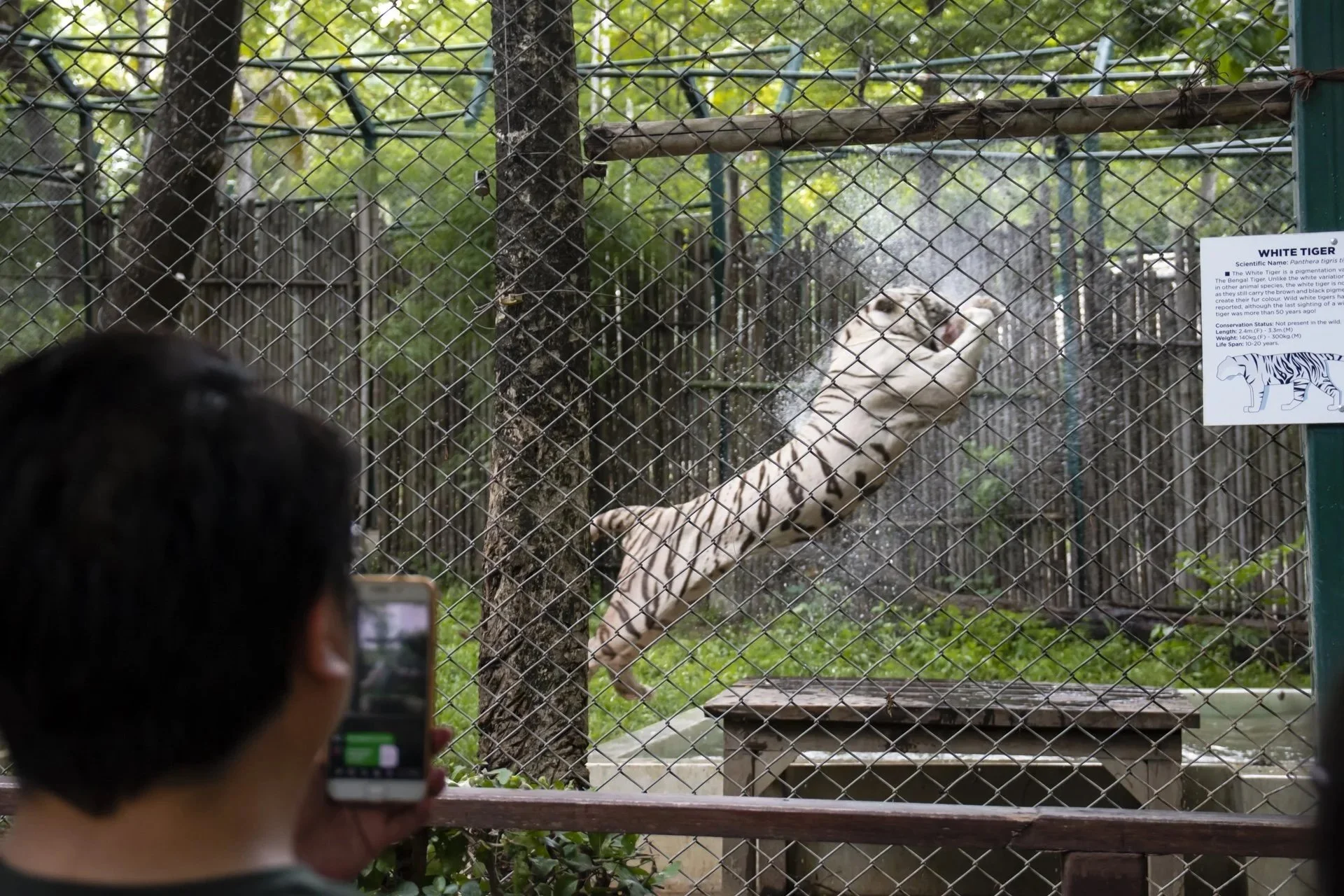Ant smuggling ring busted in Kenya, as wildlife traffickers turn to insects
Thousands of queen ants were found hidden in test tubes and syringes, part of what officials describe as a well-planned international trafficking operation.
Four men have pleaded guilty in Kenya on charges of trafficking thousands of live ants out of the country, which authorities say they planned to sell as pets.
Two Belgian teenagers were arrested for wildlife trafficking at Jane Guesthouse in Naivasha, Kenya on the edge of Hell's Gate National Park. They, along with a Vietnamese man and a Kenyan national appeared at the Jomo Kenyatta International Airport Court in Nairobi.
According to the Kenya Wildlife Service (KWS), the teenagers were involved in smuggling ants to buyers across Europe and Asia, including the highly sought-after Messor cephalotes species, or Giant African Harvester Ant, which is native to East Africa.
Thousands of the live queen ants were concealed in specially-modified test tubes and syringes packed with cotton wool and designed to keep the insects alive for up to two months and evade airport security detection, according to KWS, who called it a “premeditated and well-executed trafficking operation.”
Dennis N’gang’a of Kenya and Vietnamese citizen Duh Hung Nguyen were charged with illegally collecting ants and trafficking live wildlife. According to the KWS, they were found in possession of hundreds of live garden ants worth around $1,500.
“This case highlights a growing global threat: the biopiracy of native species,” the KWS said in a statement. It said that the unauthorized collection of the ants “not only undermines Kenya’s sovereign rights over its biodiversity but also deprives local communities and research institutions of potential ecological and economical benefits.”
The Giant African Harvester Ants were worth around 1.2 million Kenyan shillings ($9,300), with individuals sold for up to $220 each, said the court. However, had the shipment reached Europe, and depending on the number and variety of each species found, Reuters calculated the haul could have been worth as much as $1 million.
"It's like cocaine," Dino Martins, director of the Turkana Basin Institute and one of Kenya's leading insect experts, told The Independent. "The price of cocaine in Colombia versus getting a kilogram in the European market is such a big value addition, that's why people do it."
However, Martins said that as many as 90% of the ants would likely have died while being trafficked to Europe and Asia due to disease, bacteria and freezing temperatures.
While conservation efforts often center on high-profile species like elephants and rhinos, wildlife trafficking spans a wide range of illicit activities, from poaching and smuggling to the sale of protected and endangered animals. Demand for rare insect species is growing, according to wildlife experts. Ant collectors house the insects in large, transparent habitats, known as formicariums, and watch the behavior as they build their colonies.
KWS said the case marks a landmark shift toward the trafficking of lesser-known species and called for stricter surveillance at airports and border points, including advanced scanning technologies to detect hidden wildlife.
"This case represents far more than insect smuggling," said Erustus Kanga, director general of KWS in a statement. "We're seeing organised crime syndicates diversify from traditional ivory poaching to target our entire biodiversity - from medicinal plants, insects to micro-organisms.”
The shift is especially alarming, as insect loss poses a serious threat to ecosystems. With insects already struggling from the likes of habitat destruction, pollution, invasive species, and climate change, additional pressure from wildlife trafficking could have far-reaching consequences.
"If we were to lose all the elephants in Africa, we would be devastated, but the grassland would continue,” said Martins. “If we were to lose all the harvester ants and termites, the savannah would collapse."
We Have A Favor To Ask…
Species Unite amplifies well-researched solutions to some of the most abusive animal industries operating today.
At this crucial moment, with worldwide momentum for change building, it’s vital we share these animal-free solutions with the world - and we need your help.
We’re a nonprofit, and so to keep sharing these solutions, we’re relying on you - with your support, we can continue our essential work in growing a powerful community of animal advocates this year.




